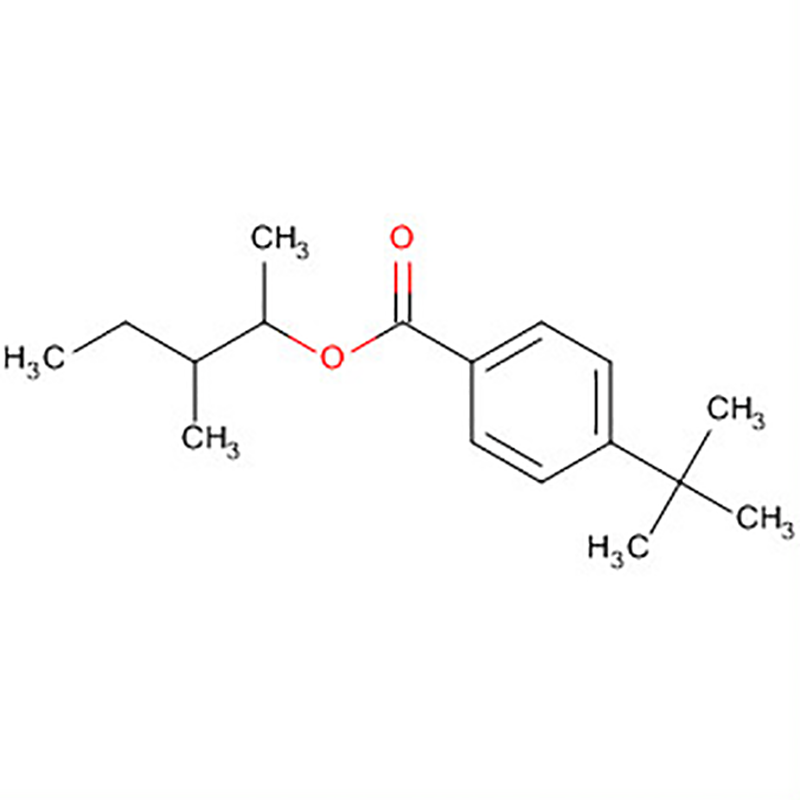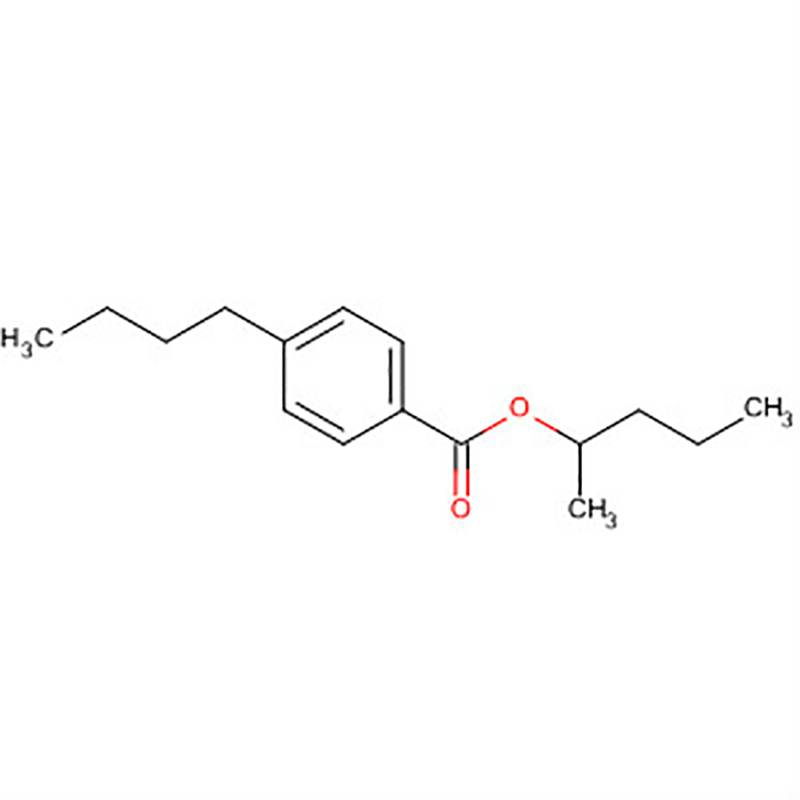-
Categories
-
Pharmaceutical Intermediates
-
Active Pharmaceutical Ingredients
-
Food Additives
- Industrial Coatings
- Agrochemicals
- Dyes and Pigments
- Surfactant
- Flavors and Fragrances
- Chemical Reagents
- Catalyst and Auxiliary
- Natural Products
- Inorganic Chemistry
-
Organic Chemistry
-
Biochemical Engineering
- Analytical Chemistry
-
Cosmetic Ingredient
- Water Treatment Chemical
-
Pharmaceutical Intermediates
Promotion
ECHEMI Mall
Wholesale
Weekly Price
Exhibition
News
-
Trade Service
Pyrimidine, particularly 4-amino-5-chloro-6-methyl- (7CI,8CI), is a commonly used chemical compound in the chemical industry.
It is primarily used as a starting material in the production of agrochemicals, pharmaceuticals, and other fine chemicals.
Pyrimidine has been in use for several decades and is considered to be a safe and effective chemical.
However, it is important to understand the potential risks associated with its use and take the necessary precautions to ensure the safety of workers and the environment.
Safety in the chemical industry is of utmost importance to prevent accidents and minimize the impact of chemicals on the environment and human health.
Pyrimidine is classified as a moderately toxic compound, and exposure to high concentrations can cause skin irritation, respiratory distress, and other health problems.
However, when used and handled properly, pyrimidine is considered to be a safe chemical.
To ensure the safety of workers and the environment, the chemical industry has implemented several regulations and guidelines regarding the handling and use of pyrimidine.
These regulations include proper storage, transportation, and disposal of the chemical, as well as the use of appropriate personal protective equipment, such as gloves and face masks, when handling the chemical.
One of the most important safety measures for pyrimidine is proper storage.
It is essential to store the chemical in a cool, dry, and well-ventilated area, away from any ignition sources, such as heat or sparks.
The chemical should also be stored in a stable container that is resistant to corrosion and is labeled with the appropriate safety warnings and instructions.
In addition to proper storage, the transportation of pyrimidine must also be done with caution.
The chemical should be transported in accordance with the regulations set by the government and the chemical industry, and the transport vehicles should be equipped with appropriate safety measures, such as fire extinguishers and spill kits.
Proper disposal of pyrimidine is also important to prevent environmental contamination and health risks.
The chemical should be disposed of in accordance with the regulations set by the government and the chemical industry, which usually involves the proper treatment and disposal of the chemical at a licensed facility.
In addition to regulations and guidelines, the chemical industry also promotes a culture of safety among its workers.
This includes providing training and education on the safe handling and use of pyrimidine and other chemicals, as well as regular safety audits to ensure that all safety protocols are being followed.
Overall, pyrimidine is a safe chemical when used and handled properly.
However, it is important to understand the potential risks associated with its use and to take the necessary precautions to ensure the safety of workers and the environment.
By following regulations, guidelines, and best practices, the chemical industry can minimize the impact of chemicals on human health and the environment, and promote a culture of safety among its workers.







